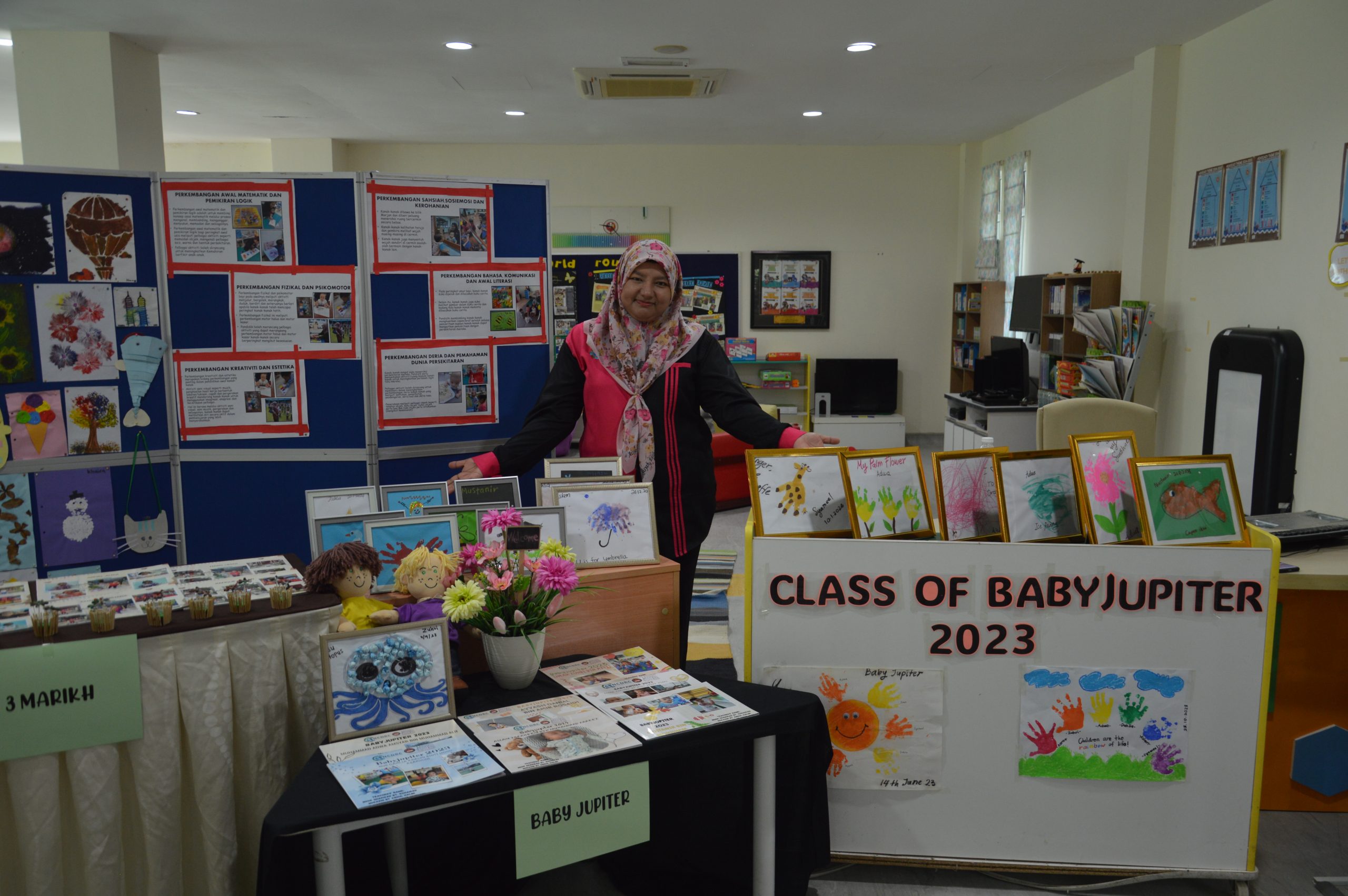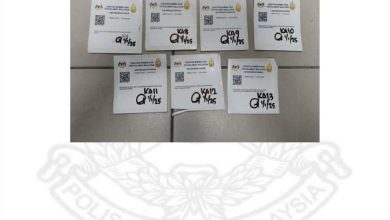National Child Development Research Centre organizes Project Approach Exhibition at Child Learning Centre, Universiti Pendidikan Sultan Idris.


By : Muhammad Fatkhurrozak Sokhipul Hadi & Nurul Husmi Sulaiman
Tanjung Malim: Project Approach is an effective learning approach in early childhood education. This approach emphasizes research and exploration based on initiatives and ideas brought by the child himself and the educator fully guides in bringing every topic and study undertaken. Through this approach children build questions and develop questions that arise through problem solving.
The children’s project approach is filled with experiential learning, problem-solving, creative thinking and group collaboration.
According to the Deputy Director in Academics, Child Development, Data Systems and IT, Dr. Masayu Dzainuddin, the purpose of the exhibition is to showcase the diversity of projects and children’s work as well as the learning process from discussion to becoming a perfect project.
It is also to show parents and locals that UPSI is constantly implementing creative and exciting teaching and learning that has an impact on children’s education. It also helps give color and a meaningful experience to them.
“Through project approach activities, children can enhance critical and creative thinking in identifying solutions to a problem that is being explored in the environment,” she said.
Prof. Madya Dr. Mazlina Che Mustafa, Director of the NCDRC stated that the project approach brings many advantages to children’s growth. This approach promotes meaningful learning through research and discovery as well as improving the ability to think logically in every issue that arises.
“I see that the project approach basically applies fully student-centred learning and here children are given space to explore and give ideas in every discovery in the study carried out. They’ll learn to think critically in solving problems.”
“In addition, learning that is actively conducted can enhance the cognitive abilities of children so that it will affect other developments such as psychomotor, social, emotional and so on.”
UPSI and NCDRC will continue to explore new learning methods that have a high impact and lead the world of education through early childhood education.
UPSI will be always committed to supporting aspirants of the Ministry of Education to share existing expertise through studies that have been done for use by educators at home and abroad.




